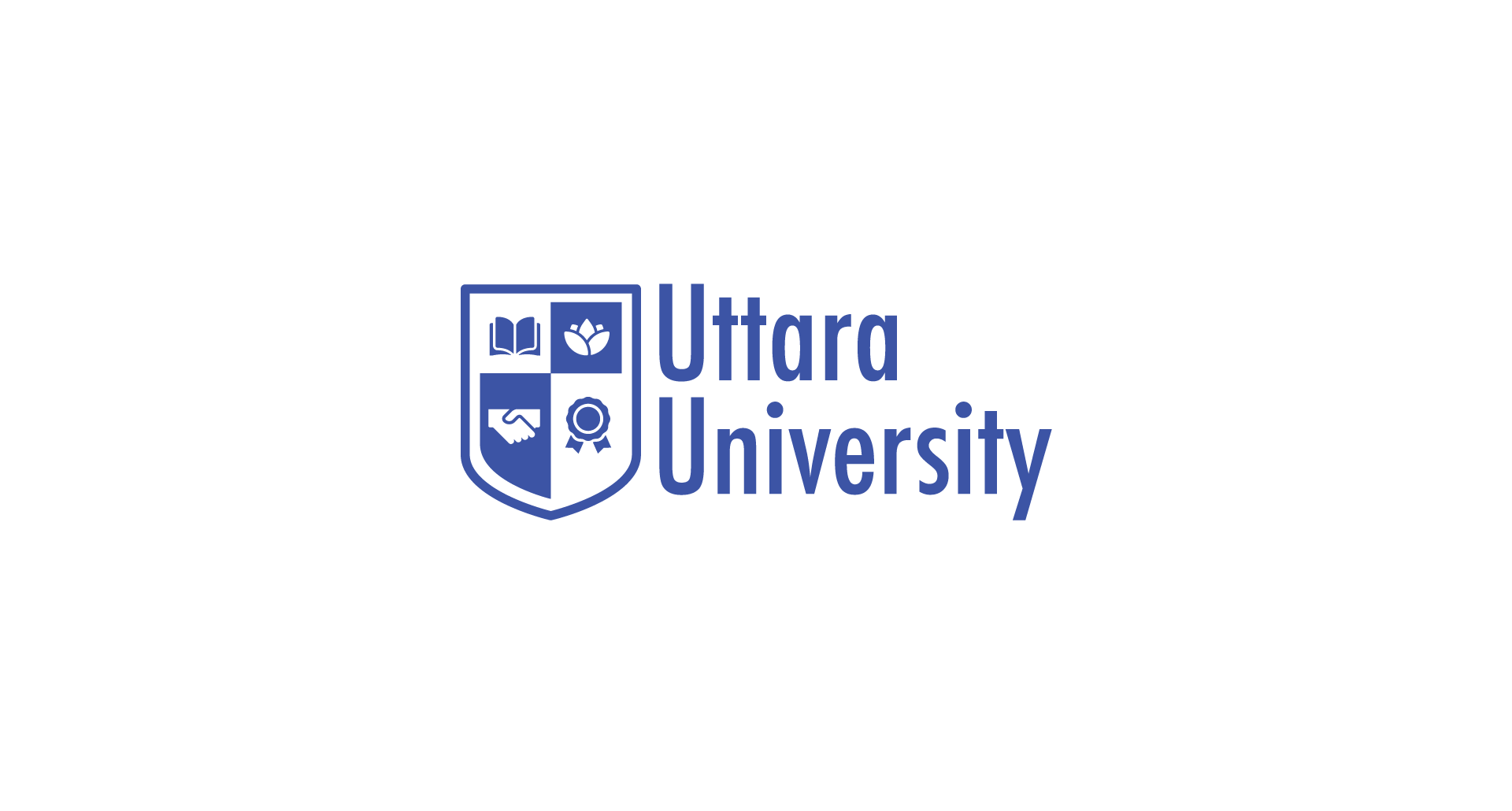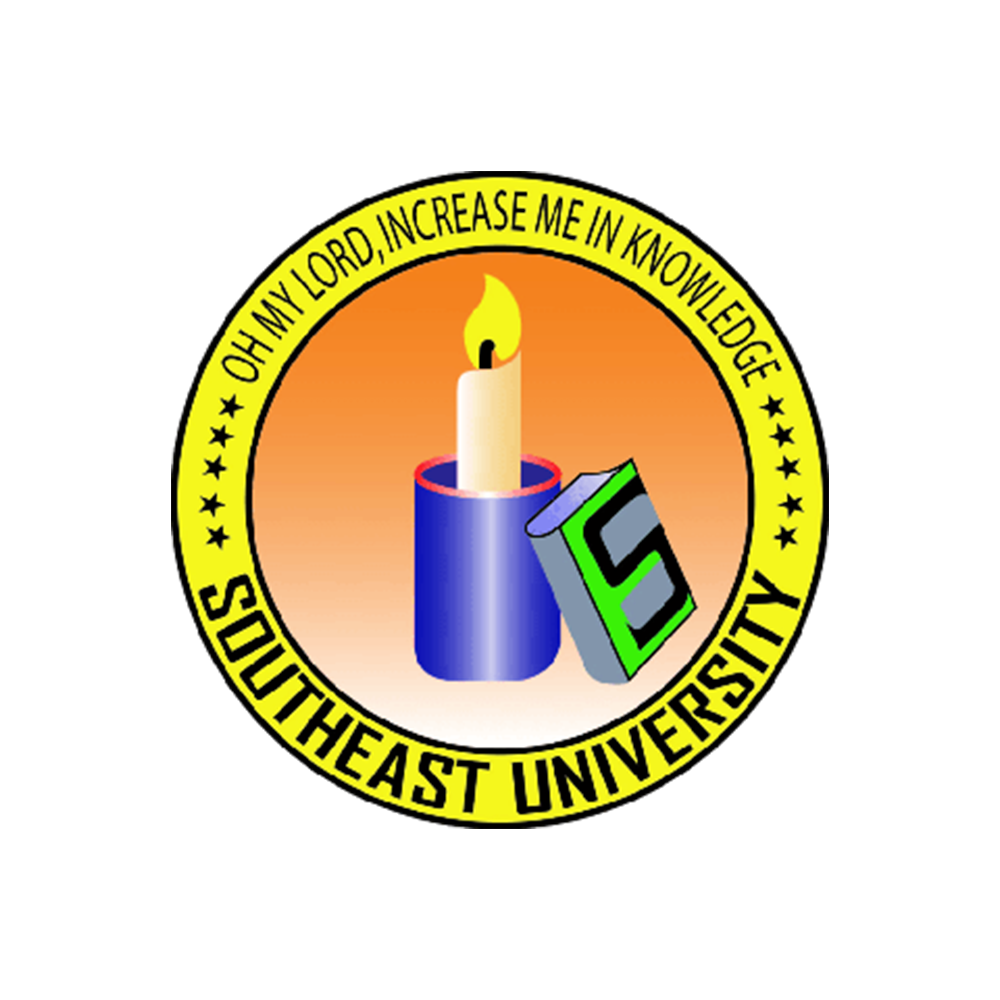Bangla
Bangla, as a subject of academic study, holds immense significance in Bangladesh due to its deep cultural, historical, and national roots. It is not only the mother tongue of the majority population but also a symbol of the nation’s identity and independence. The study of Bangla encompasses language, literature, linguistics, history, and cultural analysis. It is a discipline that builds critical thinking, analytical reasoning, and communication skills while preserving and promoting national heritage.
Bangla as an academic field includes classical and modern literature, poetry, prose, grammar, phonetics, semantics, translation studies, and research methodologies. The subject is offered at undergraduate and postgraduate levels in nearly all public and private universities in Bangladesh, often under faculties of arts or humanities.
Opportunities in Bangladesh
Graduates in Bangla have a wide range of career opportunities in both academic and professional fields. Teaching remains one of the most common career paths, with positions available in schools, colleges, and universities. Additionally, Bangla graduates are employed in the media industry, including newspapers, television, radio, and online platforms, where strong language skills are essential for journalism, editing, scriptwriting, and content development.
The publishing sector—comprising book publishers, literary journals, and educational material producers—also actively seeks individuals with expertise in Bangla. Government roles such as the Bangladesh Civil Service (General and Education cadres) and various research institutions offer further opportunities for graduates with strong academic records.
Moreover, there is growing demand for skilled professionals in translation and interpretation services, especially as government and private sectors seek to communicate more effectively with diverse local populations. Language experts are also recruited for cultural projects, NGOs, and international organisations working in Bangladesh.
Opportunities Abroad
Though relatively limited compared to science and technology fields, there are academic and cultural opportunities abroad for Bangla graduates. Several universities around the world offer South Asian studies or language programmes where Bangla is taught or researched. Graduates with advanced degrees in Bangla may pursue higher education, research fellowships, or teaching assistantships abroad, particularly in countries like India, the United Kingdom, the United States, Germany, and Japan.
In the cultural and development sectors, international organisations with a focus on language, literature, or community development in South Asia may also offer employment or collaboration opportunities. Furthermore, there is increasing international interest in Bangla literature, especially in translation, which creates a niche but growing field of global engagement.
Conclusion
Studying Bangla is not only about language and literature—it is a commitment to cultural preservation, national identity, and intellectual depth. While the subject offers steady career paths in education, media, publishing, and civil service, students must also develop complementary skills such as communication, research, digital literacy, and translation. For those passionate about language, literature, and cultural expression, Bangla remains a vital and respected academic discipline with meaningful opportunities for contribution at both national and international levels.





